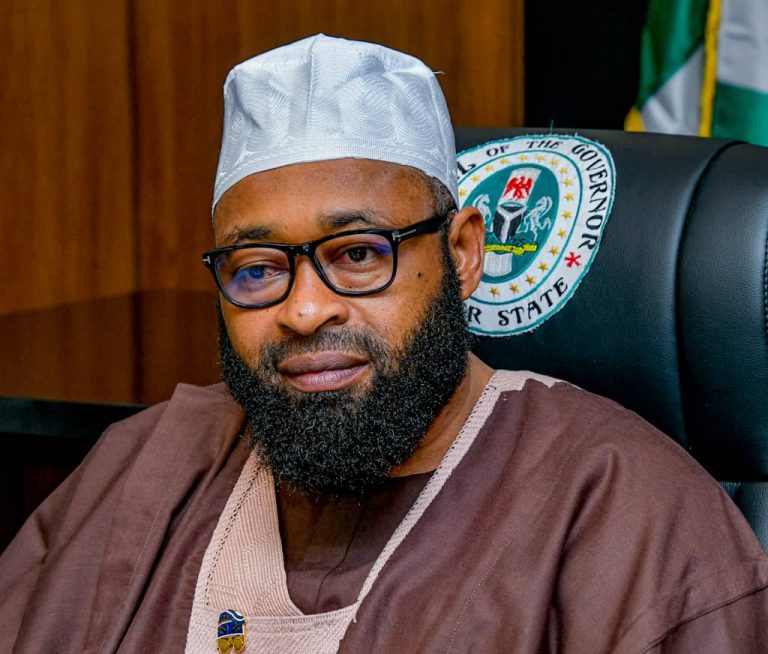Gov. Mohammed Bago of Niger State has called on Nigeria to move beyond food security and embrace food sovereignty anchored on self-sufficiency, dignity, and agricultural independence.
Bago made the call at the commemoration of the 2025 World Food Day, organized by the Nigerian Institute of International Affairs (NIIA) on Thursday in Lagos.
The event, themed “Food Security to Food Sovereignty: How Far Has Nigeria Gone?”, explored Nigeria’s progress in achieving agricultural independence.
World Food Day is observed annually on October 16 to mark the founding of the United Nations Food and Agriculture Organization (FAO).
Bago explained that while food security focuses on access to nutrition, food sovereignty entails control, dignity, and national self-determination over food production and distribution.
He lamented that although farmers are among the wealthiest people globally, local perceptions often portray them as poor, discouraging youths from embracing agriculture.
“Farmers can be doctors, diplomats, even soldiers. We must restore pride in farming and inspire a new generation of agricultural leaders.
You can import food, but for how long? We must build capacity to produce what we consume and store enough for tomorrow,” Bago said.
The governor warned that Nigeria must close the widening gap between food production and population growth, stressing that while population increases geometrically, food production grows only arithmetically.
Commending the NIIA for promoting policy dialogue, Bago linked food and agriculture to globalization, describing it as “a double-edged sword” that creates interdependence without equality, making many nations dependent consumers of food they neither produce nor control.
He called for the decolonization of Nigeria’s food systems and greater autonomy in production and distribution.
“The pathway forward begins with decolonizing our food systems and asserting autonomy over what we eat, how we produce it, and who benefits.
We are not merely growing crops; we are cultivating sovereignty, prosperity, and national dignity,” he stated.
Bago described agriculture as the heartbeat of Nigeria’s economy, contributing about 22 per cent to the GDP and employing the largest share of the workforce.
However, he lamented that only one per cent of Nigeria’s GDP is invested in agriculture, calling it a sign of unseriousness and food dependency.
He urged policymakers to expand their focus beyond crops to include livestock, describing it as a vital pillar of food security.
“We spend over five billion dollars annually importing milk, beef, and protein. That same amount can build a resilient livestock industry,” he said.
Bago also decried post-harvest losses, which he estimated at up to 50 per cent of some crops due to poor storage and logistics systems, describing it as a monumental waste of resources.
He emphasized investment in storage, mechanization, irrigation, and agro-processing infrastructure to strengthen food systems.
Highlighting Niger State’s efforts, Bago said his administration prioritizes mechanization, irrigation, and value-chain partnerships to achieve food sovereignty.
“Our investments link farmers to processors and ensure profitability because mechanization without markets only breeds inefficiency.
With vast fertile land, water resources, and entrepreneurial spirit, Nigeria can become a global food power,” he said.
In his remarks, Prof. Eghosa Osaghae, Director-General of the NIIA, commended Bago’s agricultural reforms and diplomacy, describing them as “livestock and fertilizer diplomacy.”
Osaghae noted that Niger State plays a strategic role in Nigeria’s agricultural and energy development, hosting major hydroelectric power stations and nearly half of the country’s tractors.
“The state has become a hub of agricultural innovation. That is leadership in action,” he said.
He added that food sovereignty is about achieving greatness on one’s own terms.
“No matter how ambitious a nation is, without food security and sovereignty, it cannot be truly great.
Nigeria has the potential to become a global food basket and achieve greatness on its own terms,” Osaghae stated.


